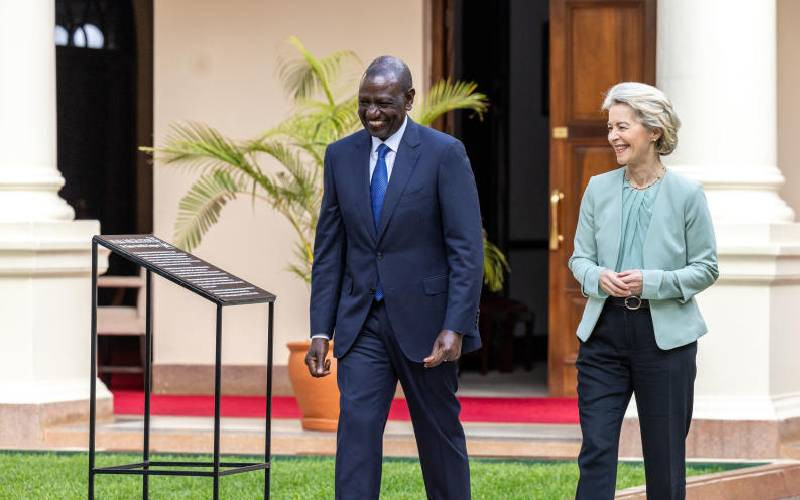
The signing of a trade agreement between Kenya and the European Union (EU) is a welcome move that will boost the country's economic activities on the global stage. The Economic Partnership Agreement (EPA) has been long coming with the initial pact having been signed almost 10 years ago.
Once ratified by the Kenyan and EU parliaments, Kenya will receive duty-free and quota-free access to the EU, where it sends about a fifth of all its exports. Official data shows that the EU is Kenya's second-largest trading partner, with total trade in 2022 at EUR3.3 billion (Sh545 billion), an increase of 27 per cent compared to 2018. It is therefore a commendable milestone for the government to enter into a bilateral deal to boost these numbers.